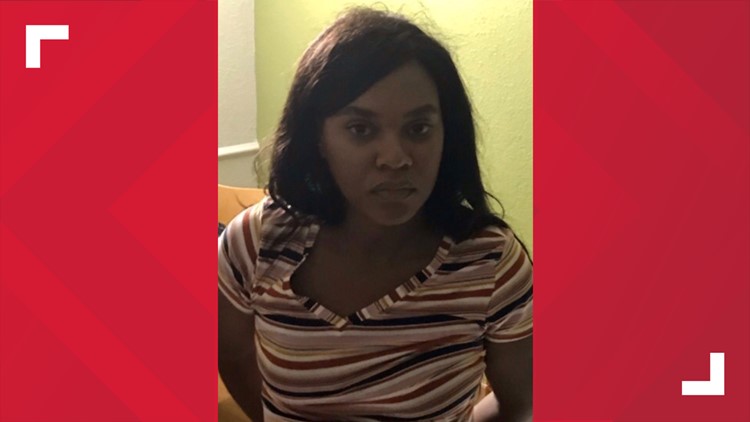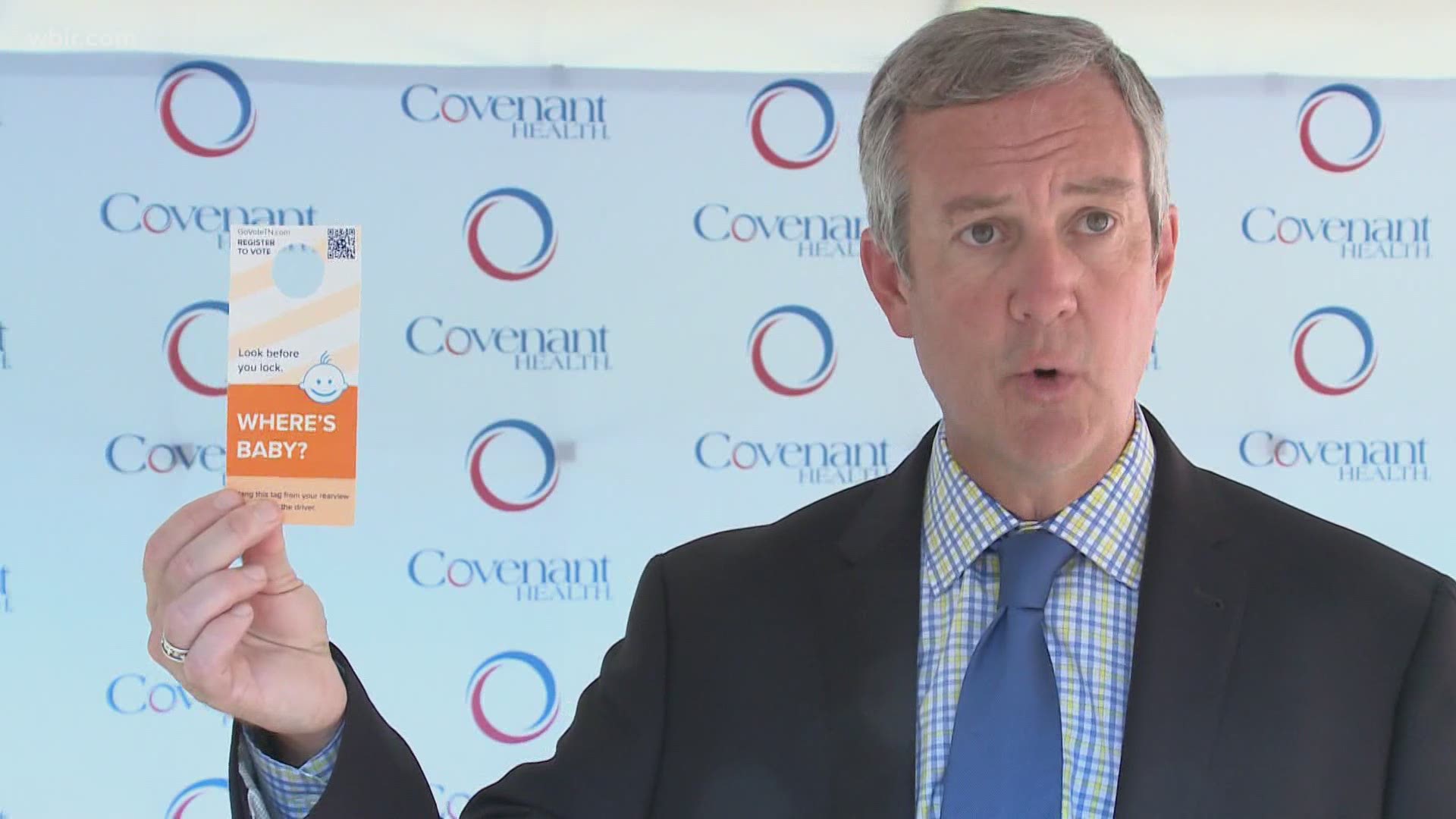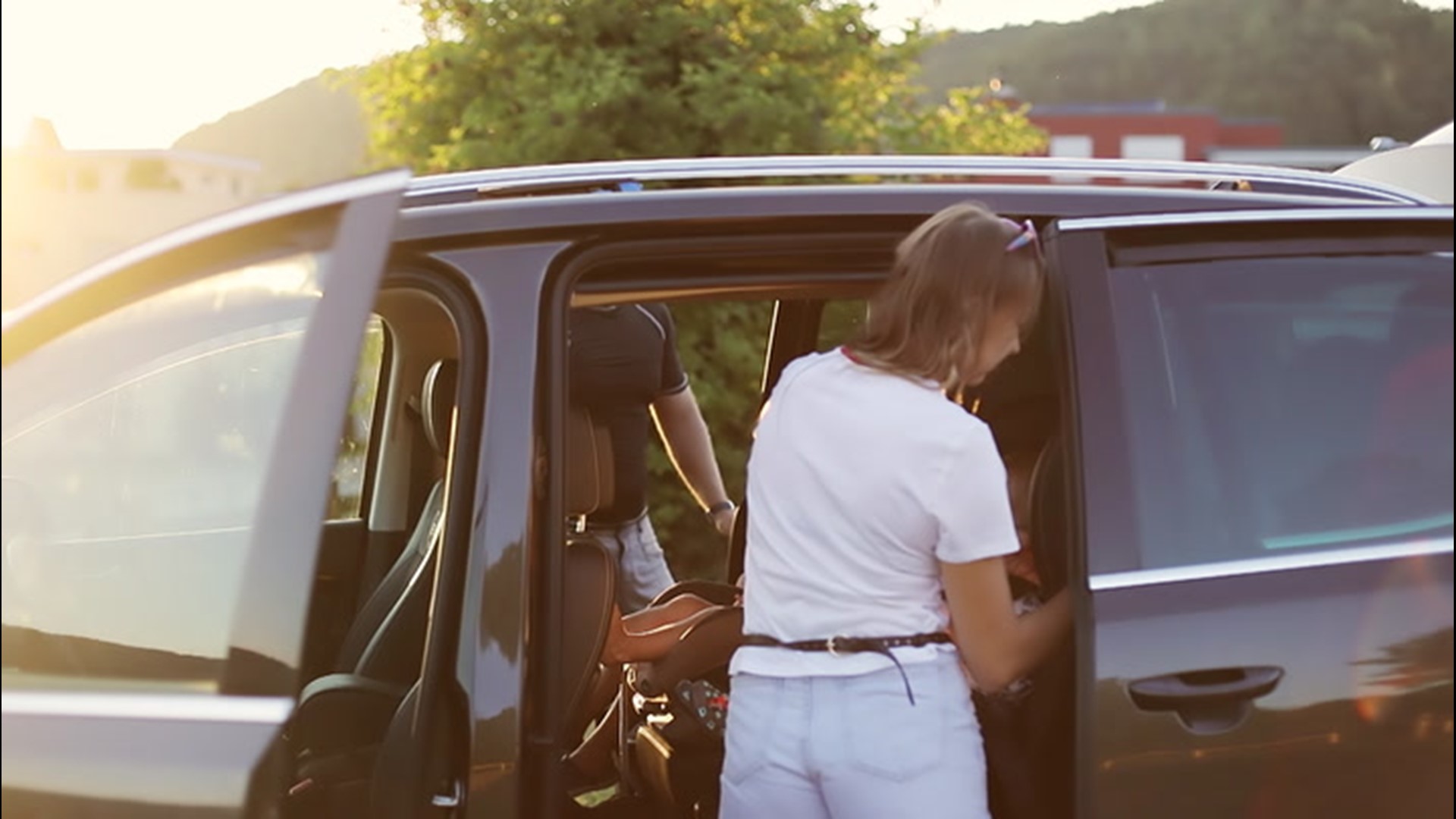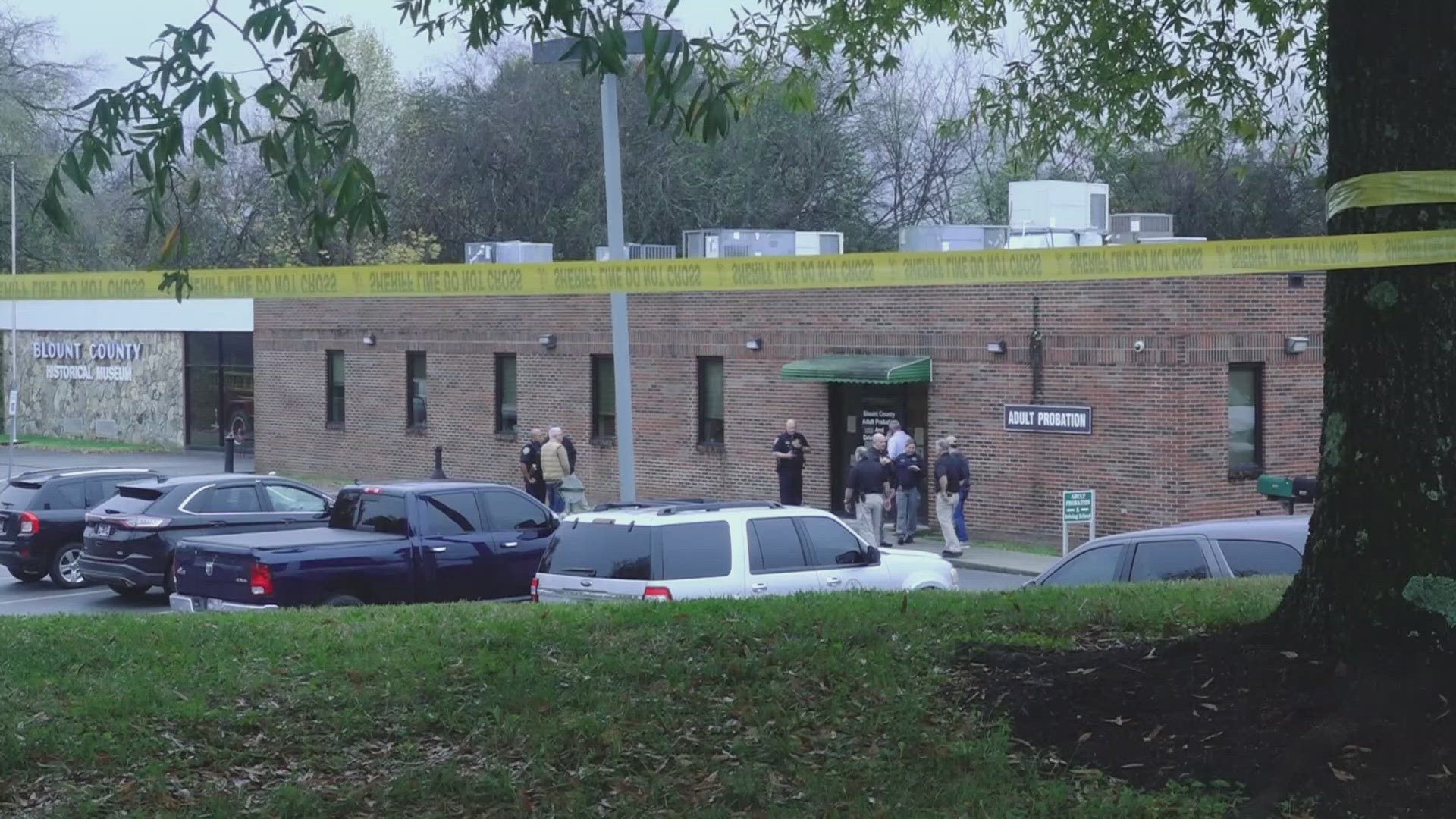KNOXVILLE, Tenn. — An East Tennessee woman once accused of first-degree murder in the hot-car death of her infant son will serve a four-year sentence after agreeing to plead guilty to a significantly lower felony.
Chantae Cabrera, 34, is on probation for criminally negligent homicide, which by definition means a person's conduct caused another person's death, records show. She originally was charged in Knox County Criminal Court with first-degree murder and aggravated child neglect in the 6-month-old's August 2019 death.
Cabrera's Feb. 2 plea agreement before Criminal Court Judge Scott Green follows the judge's decision in November to throw out two search warrants the Knoxville Police Department had used to look through her iPhone. Green found that KPD went too far in using warrants to search through all of her phone.
Cabrera told police she'd forgotten the child was in his car seat in Cabrera's vehicle the afternoon of Aug. 9, 2019. She'd meant to drop him off at daycare that morning but got distracted and went on to work.
Temperatures climbed into the 90s that day. In the afternoon, after work, Cabrera ran errands with her daughter, including a stop at the Food City on Clinton Highway. That's when she realized the child was still strapped in his car seat, where he'd been all day.
He was dead.
When police arrived at the store parking lot, she expressed grief about what she'd done, saying she'd been so busy lately. It was an accident.
"I must have forgotten about daycare," she told an officer.
"It's my fault," she also said.
Cabrera also agreed to an interview with KPD at police headquarters.
KPD secured a search warrant on Aug. 12, 2019, for her iPhone. They were supposed to look at activity from the day of the child's death. They went much farther, the Knox County Public Defender's Office said.
KPD looked at "concerning" and potentially incriminating messages she'd exchanged previously with the child's father, Assistant Public Defender Jonathan Harwell wrote. The messages included threats of violence and harm, WBIR has previously reported.
Police tried to use those messages to build a murder and child abuse case against her, Harwell argued, when in the end she'd made a tragic, devastating mistake.
When authorities realized the KPD search had gone beyond what was allowed in the first search warrant, they turned around in 2021 and got a second phone search warrant, using the knowledge they'd gained from the first warrant to find what they already knew was on the phone, Harwell said.
That's unconstitutional, he said.
"In executing the first search warrant in this case, law enforcement stumbled upon information which it believed incriminated the defendant," Harwell wrote in an April 2023 memo to Green. "When the defense mounted a legal attack on the validity of the first search warrant, law enforcement sought and obtained another search warrant for the same phone and unsurprisingly found the same evidence. This happened, not coincidentally, on the eve of the suppression hearing 1 1/2 years later."
In other words, the second search warrant secured in 2021 was a "ruse" to find what KPD already knew was on Cabrera's phone, all in a bid to work up a murder case against her, Harwell argued. KPD still had her phone at the time they secured the second warrant.
Knox County prosecutors had already conceded the first search warrant for the iPhone was inadmissible.
In November, after considering court arguments and evidence, Green said the second, 2021 search warrant was equally bad.
A cell phone can become a "treasure trove" of information for a criminal investigator to look through, Green wrote.
"The potential evidentiary windfall for law enforcement, however, does not obviate the necessity of adhering to the constitutional protections accorded a phone's owner before law enforcement may extract the content within a phone," the judge wrote.
He added: "By analogy, law enforcement illegally entered (first warrant) an area where Ms. Cabrera possessed a reasonable expectation of privacy, viewed (and seized) that area's content, exited the area and obtained a presumptively valid warrant (second warrant) and seized the contents of the protected area.
"To paraphrase counsel for Ms. Cabrera, law enforcement sought to convince the issuing magistrate that probable cause existed to search the entirety of the phone's content and then fortuitously stumble upon that which it had already seized, and continued to possess, some twenty-one months later."





